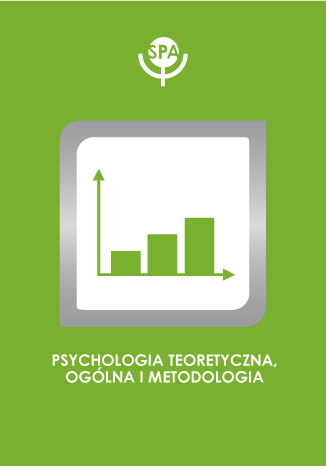Dialogowa natura samoświadomości

Katarzyna Stemplewska-Żakowicz, Giancarlo Dimaggio, Olga. L. Kozłowska
DOI:
Rocznik: 2010 Tom: 16 Numer: 1
Strony: 99-112
The self appears to be consisting of a constant dialogue among many facets of the person. Unclear is whether the degree of multiplicity individuals experience is linked with health and adaptation. Both an excess and a restricted degree of activity among multiple aspects of the self have been associated to pathology. Dimaggio, Hermans and Lysaker (in print) suggest that the impact of degree of multiplicity of self upon adaptation may be mediated by metacognitive capacity. We refer to that thesis and pose the question about the nature of metacognition, and self-reflection in particular, seen from the dialogical perspective. Self-reflection can be considered (1) a universal function of the mind (or a set of them) (2) a property of a particular I-position(s) (3) an epiphenomenon of a dialog between I-positions. One step to resolve this question was done in the experimental study, in which patterns of internal dialog were compared in three priming conditions, when a function (calculating), an I-position (Mother’s Child) and self-reflection was activated. The results show that there is no clear similarity between self-reflection and a function nor an I-position in their patterns of internal dialog. These results indirectly point to the third possibility that self-reflection is a dialogical phenomenon.









 Pobierz pełny tekst
Pobierz pełny tekst



